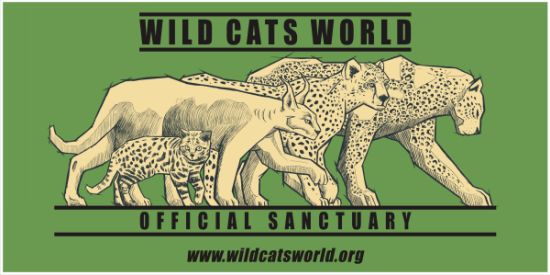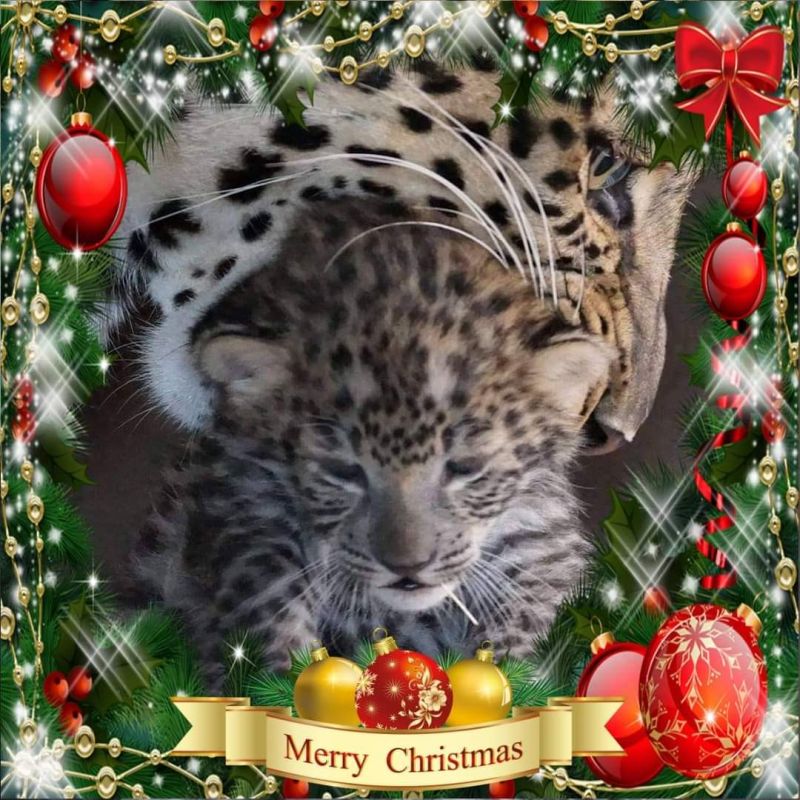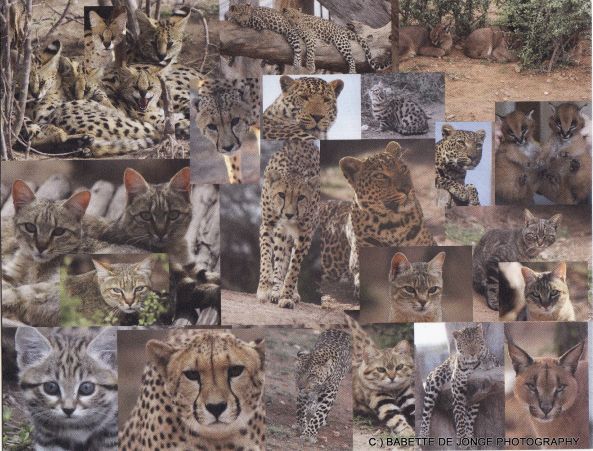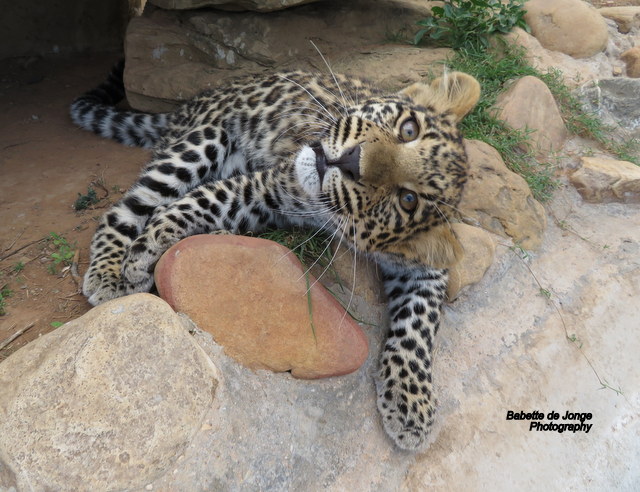
- Wild Cats World can make your dreams come true!!
- Is your life long dream to start a responsible sanctuary for South African native wild cats (big and small)? Lions, leopards, cheetahs, caracals, servals, African wildcats and/or Blackfooted cats? And to give them the best life possible?
- Do you have a start-up capital of 30.000 (-50.000) euro?
- Are you able to manage a non-profit place from a distance or on site, in South Africa? With your own means, staff, animals?
- Are you able to make and maintain friendships and partnerships?
- Are you able to or willing to preferably start today than tomorrow?
- Do you know what we stand for as Wild Cats World and are you interested in our work?
WE CAN HELP YOU!!!!
Please contact me, at info@wildcatsmagazine.nl
Only serious e-mails will be taken into consideration. Please don’t make inquiries if you have to reply “no” to any of the above mentioned questions.
Please do attach a copy of your ID/Passport and a clear description why you would like to take up this challenge and why we should take you into consideration.
I am looking forward to hear from you!!!

Babette de Jonge
(Founder/Owner/exec. Director Wild Cats World)
Zwaluwlaan 110, 1403 BL
Netherlands
Registration no: 50983962
Contact no: +37 6 1679 8553
Email: info@wildcatsmagazine.nl



